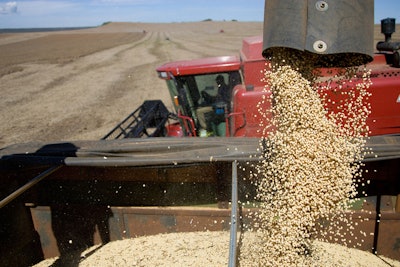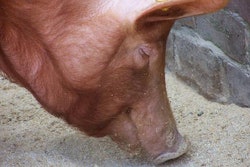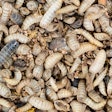
First shipments expected in early 2020
A deal agreed to this week will allow the world’s top exporter of processed soy to sell soybean meal to the world’s largest importer.
China and Argentina signed an agreement in Buenos Aires on Wednesday that will allow Argentina to export soybean meal to China.
According to reports, Argentina’s soybean meal producers have been trying to break into the Chinese market for several years, but only amid the U.S.-China trade war was it finally able to do so.
The deal will require plant authorizations and registrations, which could take several months. The first shipments are expected in early 2020.
According to Reuters, Argentina is expected to export 26 million tons of soybean meal this year and 8.5 million tons of raw soybeans. China consumes an estimated 67.3 million tons of soybean meal per year.
“It is excellent and timely news. Argentina needs to add more value to its exports to China and the world,” said Luis Zubizarreta, president of Argentina’s ACSOJA soy industry organization that represents farmers, exporters and seed firms, in a Reuters report.
Throughout the U.S.-China trade war, China has imported less and less of America’s soybeans and instead increased imports of raw soybeans from Brazil and Argentina for crushing in China, according to Bloomberg. With this deal, it is increasing its imports of soybean meal from Argentina. The products will be used by broiler producers in China, who have seen an increase in demand as a result of the African swine fever (ASF) virus, which has devastated the country’s pig herd throughout the past year.
According to a recent report from the U.S. Department of Agriculture (USDA), China’s soybean meal consumption has dropped to a four-year low as a result of ASF. But despite the decreased pig population — which USDA anticipates will continue to shrink — overall feed demand in China has only seen a marginal decline, with demand offset by increased production in other species, including broilers, layers, ruminants and aquaculture. The broiler industry, according to USDA, has experienced significant growth.








